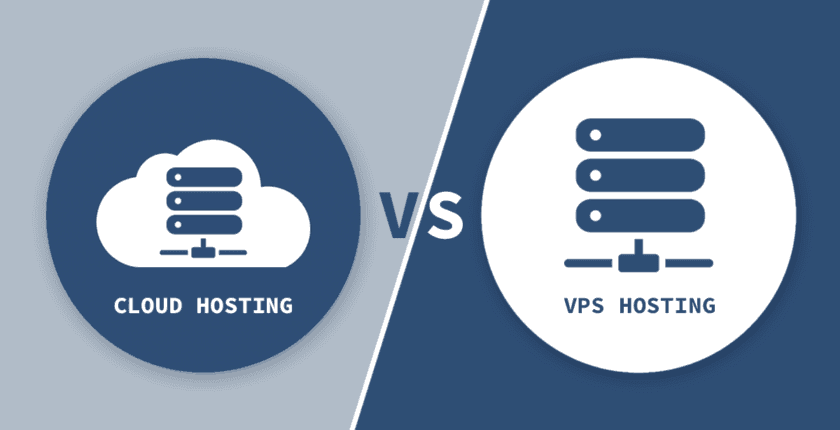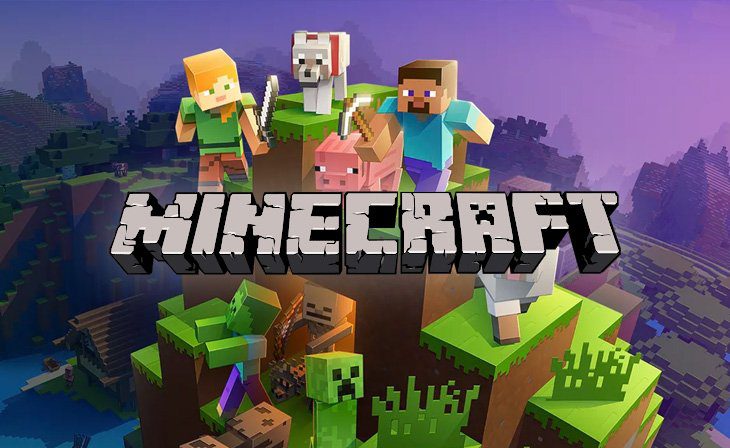Blogs
Home / Blog


Today on NOCvoiz, we’ll have a candid conversation with Grant Fritchey. He has 30+ years of experience in the information technology industry working in multiple roles, including database administrator and as well as developer.
Grant is currently serving Redgate Software as a product advocate and has been associated with the organization for more than nine years.
He is author of SQL Server articles for SQLServerCentral and Simple Talk. He has also authored various books, including SQL Server Query Performance Tuning and SQL Server Execution Plans.
He develops and presents teaching plans for developers to teach Microsoft Data Platform.
Grant has garnered 12 awards as Microsoft Most Valuable Professional. He has served as executive vice president of SQL PASS. He has been speaking in various international conferences, including PASS Summit, SQL Bits, SQLDay, TechEd and many more.
He has expertise in working on Visual Basic, .Net and Java. He was awarded the Microsoft SQL Server MVP award in 2009. In 2014, he was awarded Dun and Bradstreet MVP. He was awarded the Tech10 award in Rhode Island.
He is famous for the title Scary DBA. He is one of the founding officers of the southern New England SQL Server users group.
Hostnoc: You have been working in the IT field for a long time. Why did you adopt Database administration as a career? What was the inspiration behind it?
Grant Fritchey: I didn’t really decide to work on database administration until I had been in IT for ten years. I started out in tech support but pretty quickly moved from there to development.
Most of my development work had been with databases, so I picked up a lot of the fundamentals of administration over time. I was offered the opportunity to move to be a DBA, and since it paid better, I took that opportunity. The rest is, as they say, history. I’ve now been doing that kind of work for over 20 years.
Hostnoc: Which database would you suggest for enterprise applications?
Grant Fritchey: I don’t think there is a single right answer here. It really depends on the type of data under management and your own abilities. You should pick the database based on the data. If it’s well-structured data, a relational system is probably best. If it’s something else, one of the non-relational systems would be best.
Now, I have favorites. For relational systems, I like Microsoft SQL Server, especially the Azure SQL Database flavor of it, and PostgreSQL. For non-relational systems, it still depends on what you need, but I’ve worked with MongoDB and some others. MongoDB works really well for documents.
Hostnoc: Which database do you think is better for data scientists and why?
Grant Fritchey: Again, I don’t think there’s a perfect answer here. A data scientist is likely going to have to work with multiple different databases because they’re going to be working with different kinds of data.
I can say that the Azure data analysis stack has done a lot to democratize data science, making it more available to more people. However, AWS has some very impressive technology as well.
Hostnoc: What advice would you like to give to newbies who want to build a career in DBA?
Grant Fritchey: Go for it. It’s a great job. Data management and data administration, development, analysis, are going to be around probably forever. Titles & responsibilities may change over time, but the work is going to be there.
To get started, build databases. Backup databases. Restore databases. Get those fundamentals down. Understand the different requirements for why you might pick a relational database over a non-relational one.
Learn one relational database system and one non-relational one. That’s about it. Just that much will keep you very busy for the next year.
Hostnoc: Please share your experience of blogging on red-gate and scardydba? How do you select topics?
Grant Fritchey: It’s a mix of things. Some of the Redgate work is just assigned to me as part of the job. However, a lot of time, it’s about spotting gaps.
A little piece of data that people might not have. Document that and move on. Also, I get a lot of blog posts from questions I get online or during presentations.
Hostnoc: What are your views about programming languages like python. What difference did you see when you started your career and now in terms of programming?
Grant Fritchey: I love programming. Always have. Always will. I’m not as good at it as I used to be, and I was never great. However, it’s never lost its appeal.
Honestly, what we’re programming has changed quite a lot. Now that we can deploy servers & services through containers with just a line of code, it certainly rearranges the landscape quite a bit.
However, programming itself is still largely the same. Write some code. Validate it, either with a pre-written test, or later tests, or both. If it works, great. If it doesn’t, go fix it. Same as it’s ever been really.
Hostnoc: What are your plans in the future with respect to your field?
Grant Fritchey: Keep learning. Keep expanding my knowledge. Keep sharing that learning with others. I love being a nerd and I plan to keep being one.
Hostnoc: It would be great if you could share a workstation picture of yours with our readers.
Grant Fritchey: Nah, mine is a mess and not that impressive. I’ve got a single monitor and a laptop. That’s all.
Hostnoc: Everyone has some inspirations in the community, which personality has been your inspiration?
Grant Fritchey: Kevin Klein. Without a doubt. The guy is so smart and so kind. He set the bar that I try to meet and fail every day. Happily, I can actually say he’s a friend, which is pretty marvelous. It’s certainly not something I would have imagined when I started, but here we are.
Hostnoc: What are your thoughts about cloud servers and their vendors like HostNOC, which are providing cloud services to companies. Please also share your experience about cloud technology in relevance with the database field.
Grant Fritchey: The cloud, in general, is a vital tool for modern data systems. If you’re not taking advantage of the offerings from AWS or Azure or one of the other cloud vendors, you’re making a huge mistake.
Also, focus on the Platform as a Service offerings. That’s where the real magic is occurring. Simply using the cloud as a way to host virtual machines is no different than how we used hosting providers 25 years ago.
The future for all organizations lies, in part, in adopting cloud technologies for data management. Some organizations will got 100% into the cloud, but most will probably be forever a mix of offerings, some cloud, some local.
However, if you don’t know cloud technology, you’re going to get left behind. Get out there and start learning.
Enter your email to receive the latest news, updates and offers from HostNoc.
